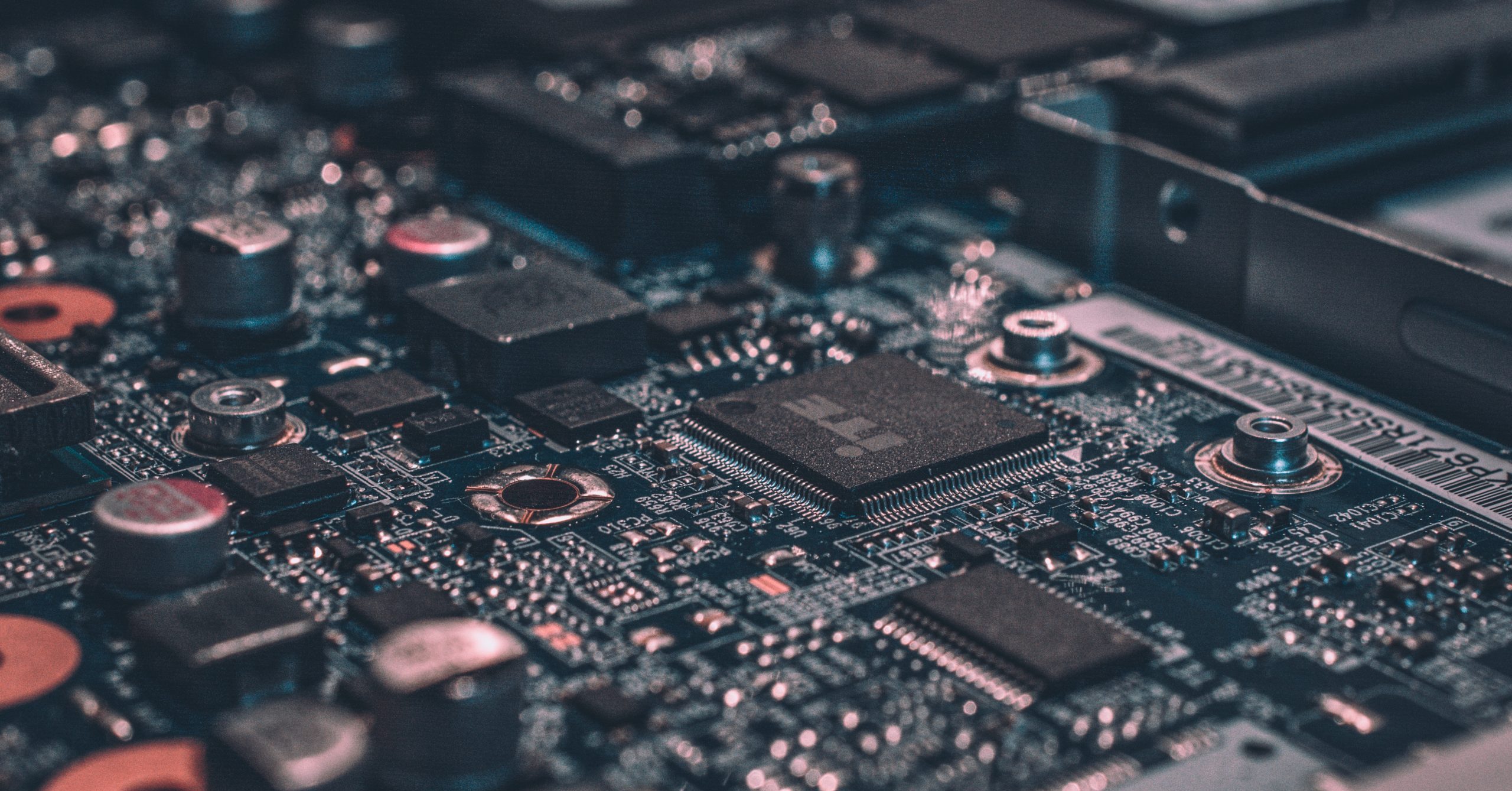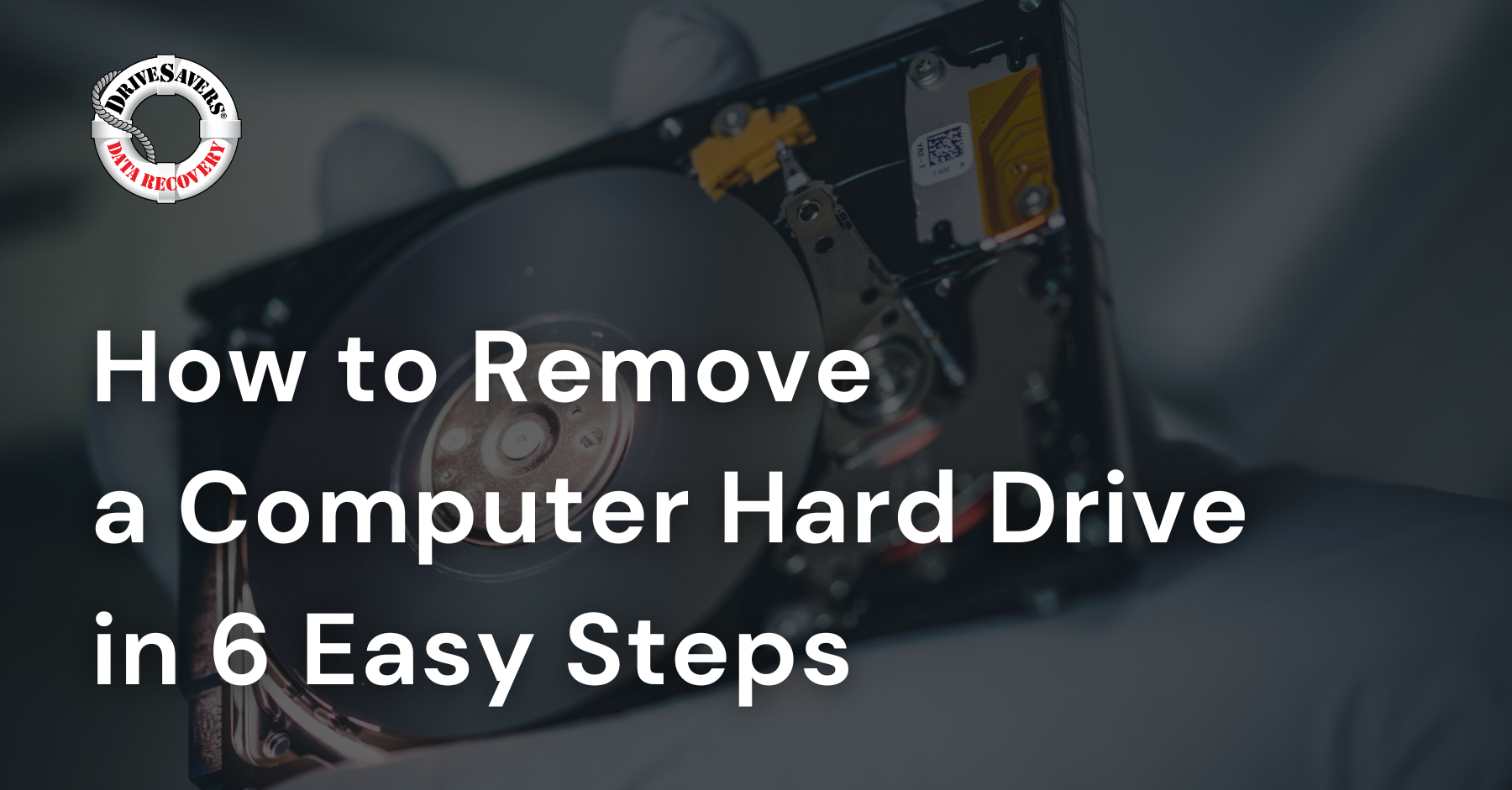In this article, we’ll break down what NIST 800-88 actually requires, why storage media of all types can defy expectations, and how verification services close the gap between intention and assurance.
Making Some Sense of Recent Tech Takeovers


Well, nobody’s confirmed there’s going to be another big tech deal anytime soon, but what rivals like IBM, Cisco and Oracle will do in response is anybody’s guess.
Some analysts are guessing there won’t be much disruption.
Dell and EMC have been doing business together for years. Dell resells some high-end EMC products and earns a big chunk of its storage revenue from those sales. EMC annually gets about 8–9 percent of its revenue from the pre-takeover relationship with Dell, according to published reports.
Here’s a full report from Computerworld quoting IDC analyst Crawford Del Prete and others on what the merger really means.
On a somewhat smaller but maybe more important scale, Western Digital is paying $19 billion for SanDisk, a competitor in both storage and memory device production.
Western Digital—a major player in traditional storage markets—didn’t have a horse in the flash memory fabrication race until now.
Writing in Forbes, contributor Tom Coughlin points out the jewel in the SanDisk crown.
“SanDisk, with its partner, Toshiba, are one of the largest flash memory manufacturers in the world. If WD (or Seagate) could acquire a flash memory fab like those that SanDisk partly owns that would change the economics of their SSD production,” Coughlin wrote.
“In the long run, as the flash memory and SSD market matures, the companies that make their own flash chips (and that have economy of scale in flash manufacturing) will have a cost advantage in making SSDs compared to a company that doesn’t have this manufacturing capacity.”
As for DriveSavers, we work with all of the industry players and will continue to work with the new combinations.
“We are down to 3 manufacturers of HDD globally with Western Digital, Seagate and Toshiba. There are more than 75 manufacturers of solid-state drives,” said Chris Bross, Chief Technology Officer for DriveSavers. “We expect there to be more consolidation in the near future. DriveSavers will continue to partner with the market and technology leaders.”
Read more on the Dell/EMC transaction on TechCrunch.
Read more on the Western Digital/SanDisk takeover on Endgaget.





